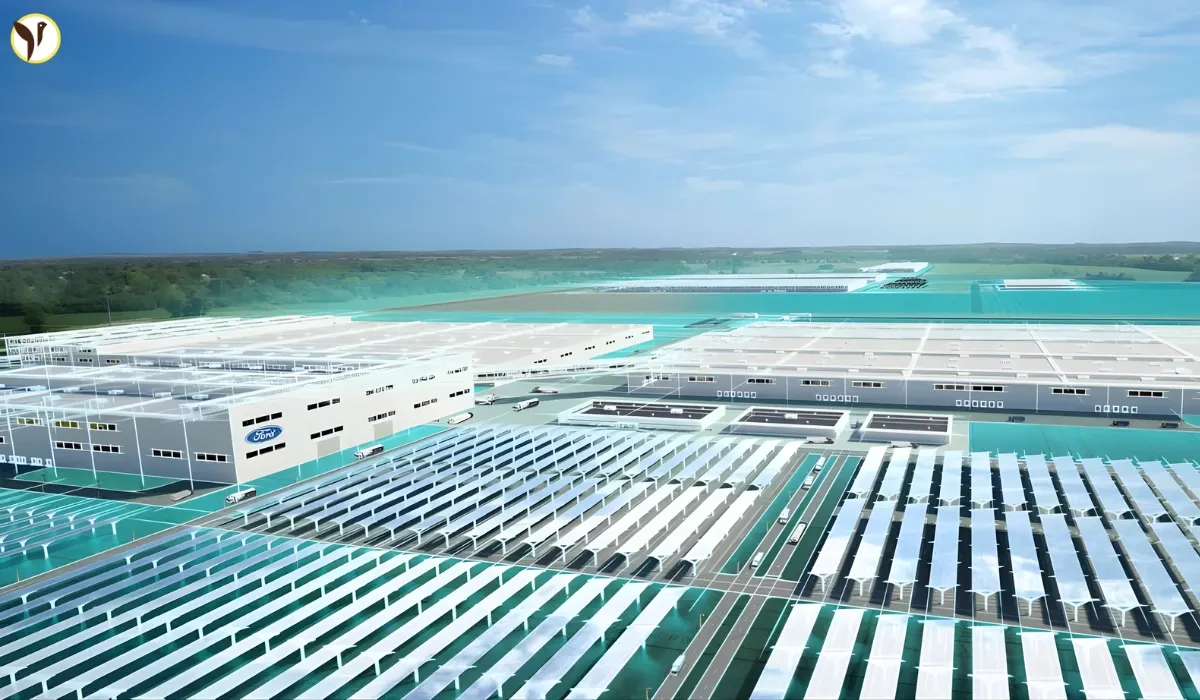The Dangote Refinery, located in Lagos, Nigeria, has started importing a large portion of its crude oil supply from the United States. Around one-third of its oil feedstock now comes from the U.S., as local Nigerian crude producers are unable to meet demand. This shift shows a major development in Nigeria’s oil sector, where a country known for producing oil is ironically struggling to supply its own largest refinery. With full refining capacity set at 650,000 barrels per day, the Dangote plant is expected to play a key role in ending Nigeria’s dependence on imported fuel. But without enough domestic crude, that goal may take longer to reach. Industry analysts say the reliance on foreign crude is a short-term fix, not a long-term solution. For now, however, it’s helping the refinery stay operational while the country addresses deep issues in its oil production and supply chains.
U.S. Oil Becoming a Key Source
Over the past few months, the U.S. has become a major source of oil for the Dangote Refinery. The crude oil being supplied is mostly WTI Midland, which is a type of light, sweet crude known for its high quality and easy processing. This kind of oil is ideal for a modern refinery like Dangote’s, which is designed to handle a mix of different crude grades. According to shipping data, Dangote has imported nearly 9 million barrels of U.S. crude in June 2025 alone. For July, at least 5 million barrels are expected. These numbers show a clear pattern: the refinery is building a steady relationship with U.S. suppliers. While it may seem odd that Nigeria, an oil-rich nation, is buying crude from abroad, it's currently the most reliable way for the refinery to stay active. U.S. oil offers both stability and competitive pricing, making it a practical choice during this period of supply uncertainty at home.
Why Is Dangote Importing Crude?
The main reason Dangote Refinery is importing crude oil is due to shortages in Nigeria’s local supply. The country has laws in place—like the Domestic Crude Supply Obligation (DCSO)—that require local producers to sell oil to Nigerian refineries first, before exporting. However, these rules are not being enforced properly, and many local oil companies prefer to export their crude for better prices abroad. As a result, Dangote is not getting enough supply from within Nigeria to run its operations at full capacity. On top of that, oil theft, pipeline vandalism, and underinvestment in production have weakened the country’s ability to meet local demands. Rather than halt production or run below capacity, Dangote has chosen to source oil from the U.S., where the supply is more consistent and contracts are easier to secure. This situation raises serious questions about Nigeria’s ability to manage its natural resources for the benefit of its people.
What This Means for Nigeria’s Oil Industry
Dangote’s decision to rely on U.S. crude is more than just a business move—it points to larger challenges in Nigeria’s oil industry. The fact that the country’s top refinery must turn overseas for raw materials highlights long-standing issues like poor governance, lack of infrastructure, and missed opportunities in the energy sector. Nigeria has always been a major crude exporter but has depended on importing refined products like petrol and diesel. The Dangote Refinery was expected to change that by turning local crude into finished fuel. But if Nigeria cannot even provide enough crude to keep the refinery running, then the broader plan to become self-sufficient in fuel remains at risk. This also affects the economy. If Nigeria continues to lose the benefits of refining its own oil—such as job creation, savings on imports, and tax revenue—it will be harder to grow the economy and keep fuel prices stable. The government and the Nigerian National Petroleum Company (NNPC) may need to step in more forcefully to fix the domestic supply problem before it becomes a bigger crisis.
Looking Ahead
Moving forward, the focus will likely be on improving Nigeria’s ability to support its own refinery. This means getting more oil fields into production, improving the enforcement of local supply rules, and fixing issues like oil theft and pipeline damage. The Dangote Refinery is a major national asset, and its success depends on a steady supply of crude from within the country. If Nigeria can solve its internal supply issues, the refinery could process up to 650,000 barrels per day, enough to meet most of the country’s fuel needs and even export to neighbors. That could lead to lower fuel prices, more jobs, and less pressure on foreign reserves. Until then, importing U.S. crude is likely to continue. It may not be the ideal solution, but it’s keeping the refinery running and giving Nigeria time to get its energy policies and infrastructure back on track. The next few months will be key in determining whether the country can meet the promise of this massive investment.
Image Source: thisdaylive.com









